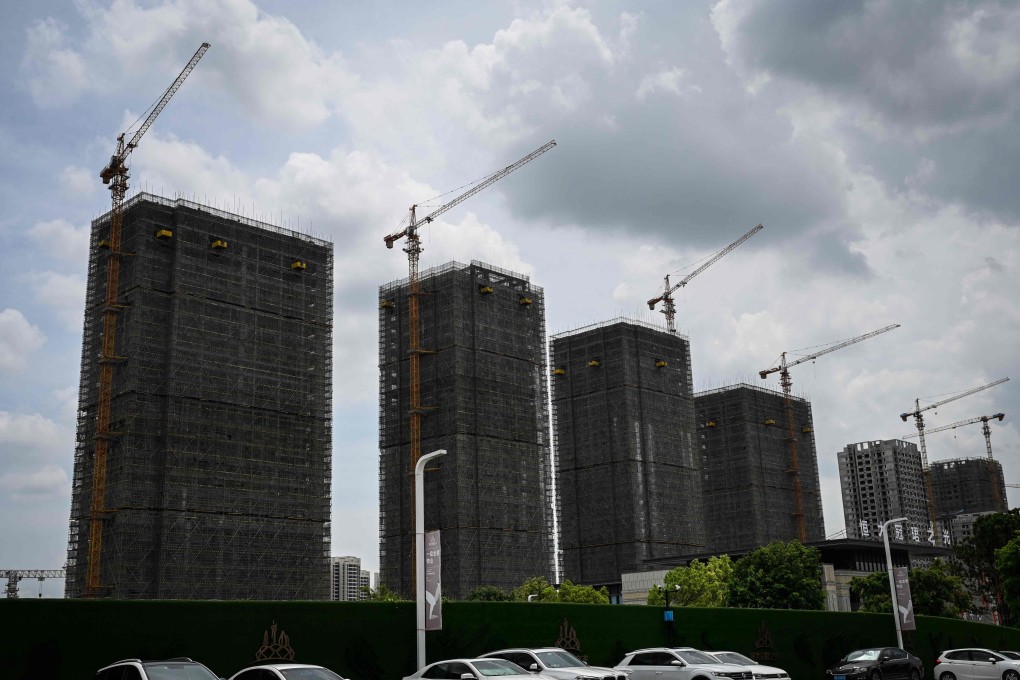China debt: battling zero-Covid and a property market slump, local governments ask Beijing to lift bond quota
- Beijing turned down the request from Hebei, Hainan and Liaoning, saying their current quotas were sufficient and regional debt limits were declining
- Local government revenue from land sales has tumbled this year due to a property market slump, while Covid-19 containment has added to pressure

Beijing has turned down requests from three local governments to lift their debt quotas, amid rising economic pressure and financial risk driven by a slump in the property sector and zero-Covid measures.
The Ministry of Finance told deputies from the National People’s Congress (NPC) in Hebei, Hainan and Liaoning that their current quotas were sufficient, and had taken into account respective economic conditions and development needs.
In response to the request from Hebei, a province just north of the capital Beijing, the finance ministry said the general debt limit is determined by the deficit ratio and each region’s limit was “generally on the decline in 2022” .
The ministry reminded the local governments they had also been allocated special purpose bonds for infrastructure spending, while saying Beijing will continue to assess the quota based on development needs and debt risks.
Local governments had used 3.41 trillion yuan (US$464 billion) of the special purpose bond quota by the end of June. The quota was set at 3.65 trillion yuan for 2022, the same amount as last year.